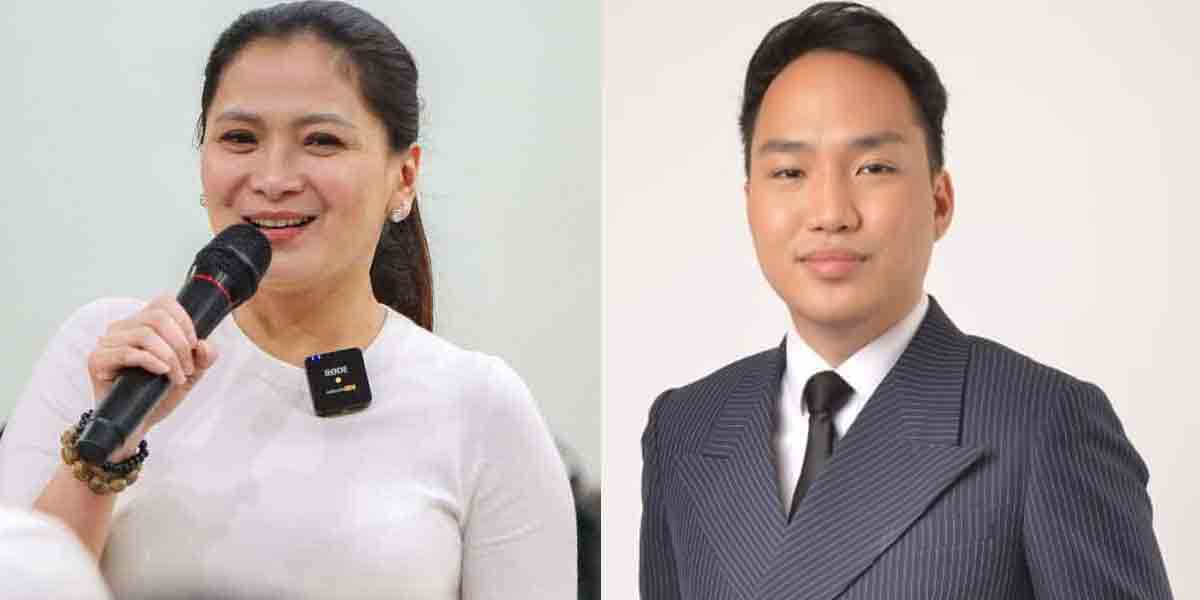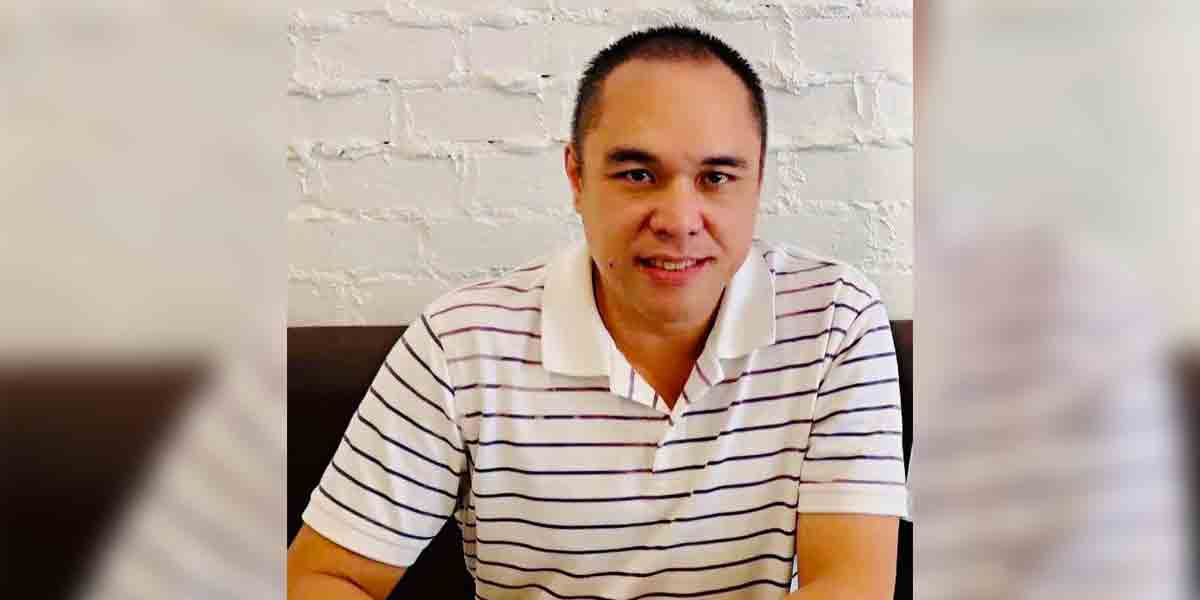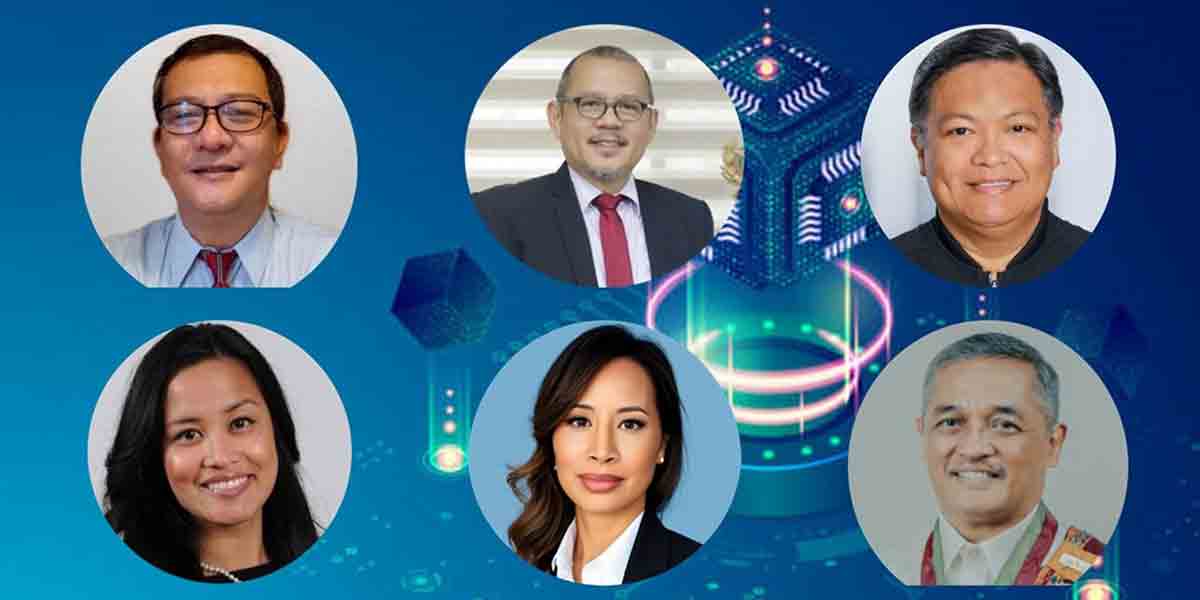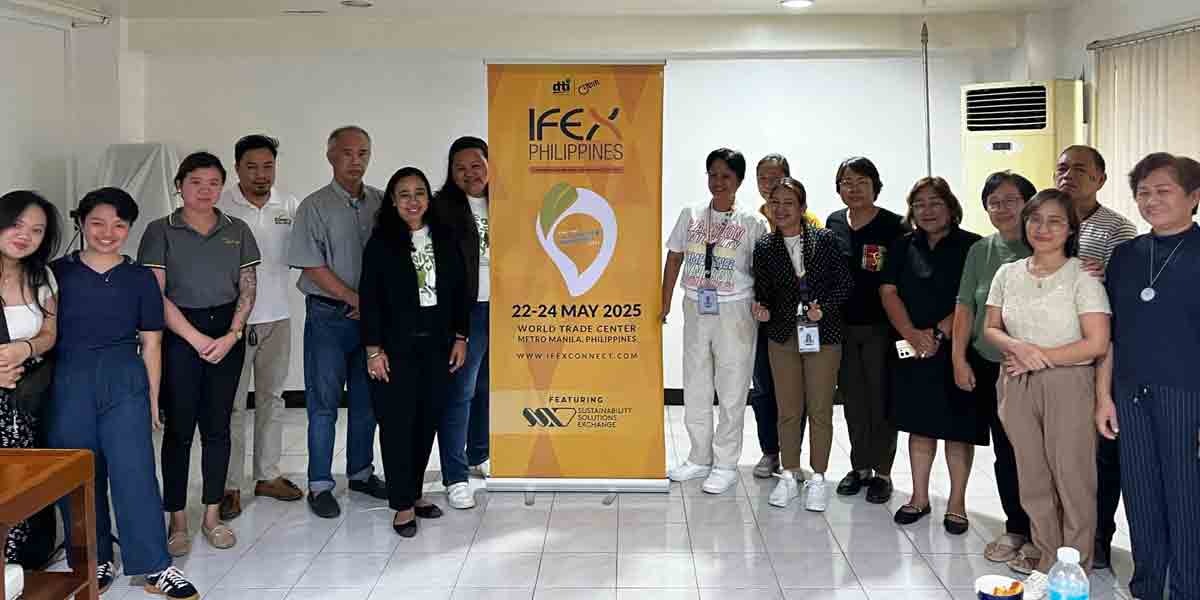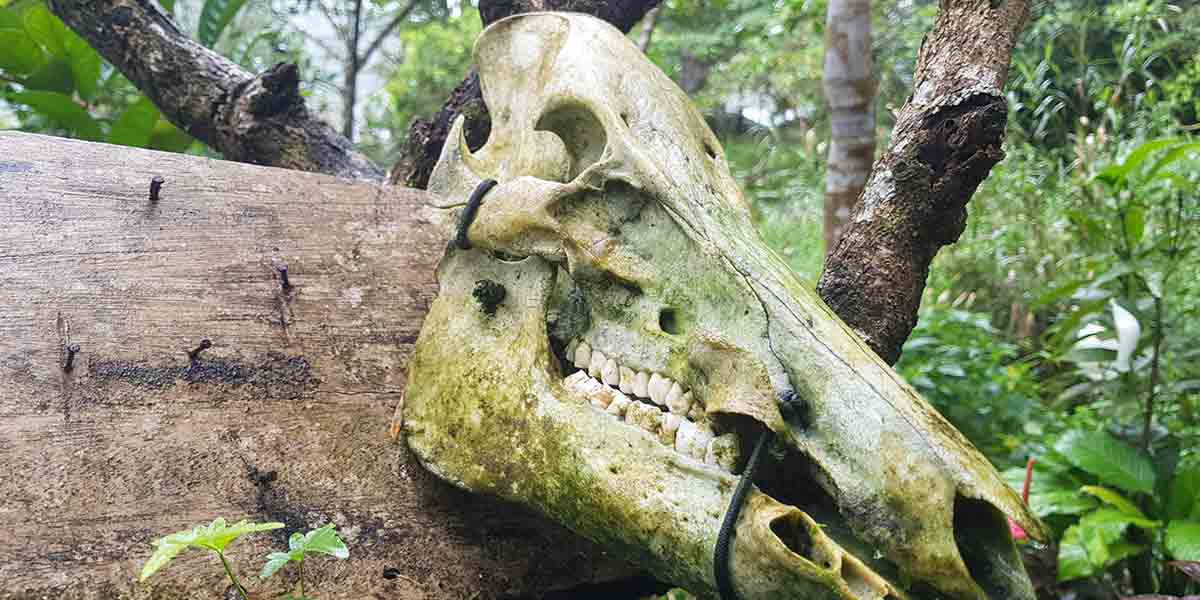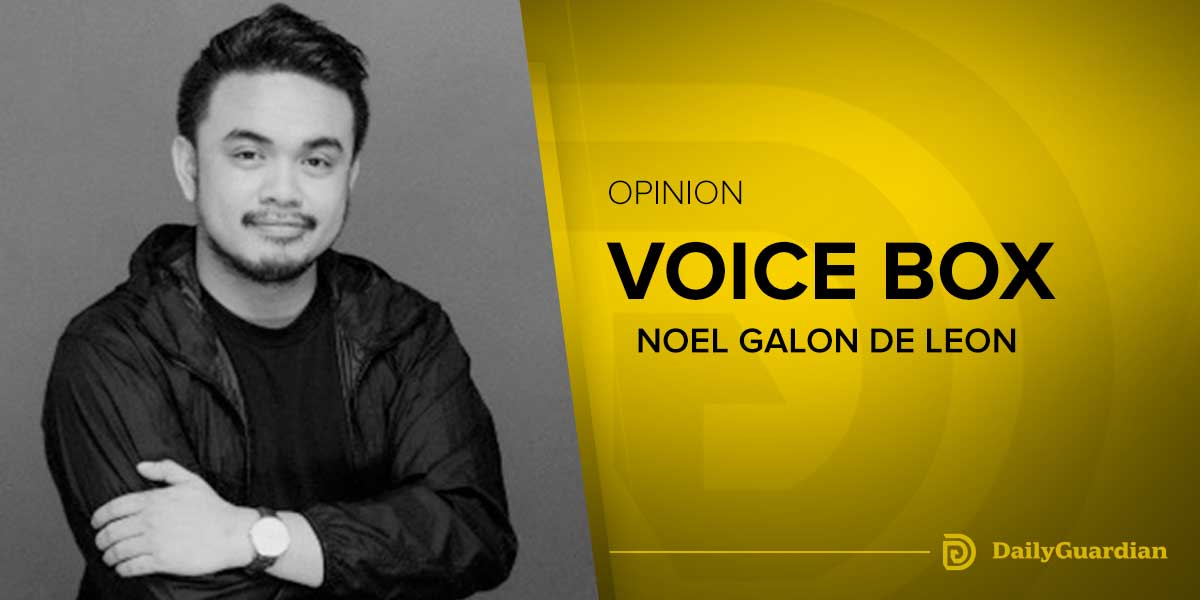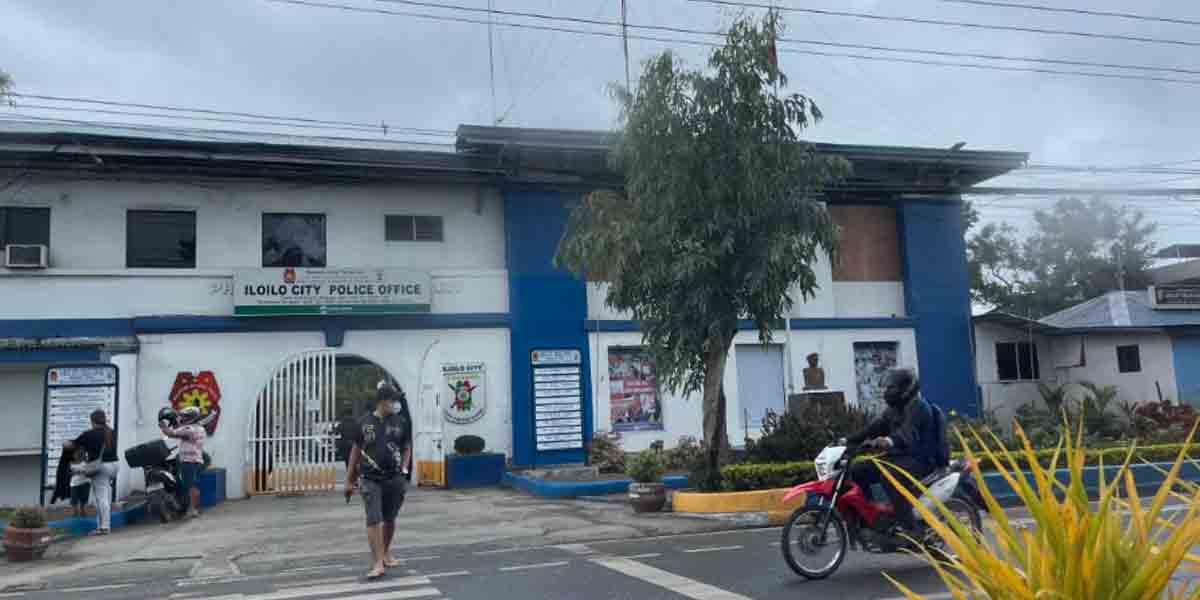 By Artchil B. Fernandez
By Artchil B. Fernandez
In his pre-taped night show this week, Du30 abruptly shifted topic catching everyone by surprise. In the middle of discussing vaccination roll-out, Du30 suddenly blurted out on ABS-CBN franchise, leaving his audience to wonder, what is the connection?
It appears Du30 cannot get over the long-resolved issue. He is likely losing sleep over it and to release the pent-up emotion, Du30 once again unleashed his infamous tantrum on national television.
“Congress is planning to restore the franchise of the Lopezes. I have no problem with if you restore it,” Du30 exclaimed. “But if you say that they can operate if they already have it, no. I will not allow them. I will not allow the NTC [National Telecommunications Commission] to grant them the permit to operate,” he continued.
“Unless in a deal, the Lopezes would pay their taxes, I will not — I will ignore your franchise, and I will not give them the license to operate,” he warned. He concluded that allowing the network to operate without payment of taxes is “kalokohan” – nonsense.
Something is terribly wrong with Du30. The most urgent, serious problem of the country at present is the Covid-19 pandemic which has infected 543,282 and took the lives of 11,469 Filipinos (as of this writing). Yet the leader of the land is obsessed with ABS-CBN. He already won, the network had ceased operation. Why can’t he move on?
To recall, when Congress denied the renewal of ABS-CBN’s franchise last year, defenders of Du30 took pains to emphasize he had nothing to do with the closure of the network. Presidential Spokesman Harry Roque insisted that Du30 is neutral on the issue. Communications Secretary Martin Andanar decried the accusations that Du30 had a hand in the denial of the network’s franchise. “It is, therefore totally unfair and objectionable for some parties and some international media to insist that what happened to the network is due to ‘having incurred the ire’ of the President,” he said.
Du30’s unexpected outburst this week on ABS-CBN issue made Roque and Andanar certified liars. Du30 is primarily responsible for the shutdown of the country’s largest television network. Sensing that Congress might give ABS-CBN a franchise this time, Du30 reacted with paroxysm. He warned Congress that even if it will allow the network to operate, Du30 will block the move by ordering the NTC not to give it permit to operate. “I will ignore your franchise,” Du30 vowed.
The stale excuse of Du30 on his decision to oppose the re-opening of ABS-CBN, non-payment of taxes is a blatant lie. Simplicio Cabantac Jr, head of Large Tax Payers Audit Division 3 of the BIR, told Congress during the network’s franchise hearing last year that the company paid PHP14,398,464,316.66 in taxes from 2016 to 2019. “As far as the ABS-CBN account is concerned they are regularly filing and paying their taxes for the past number of years,” Cabantac testified.
Contrary to Andanar’s declaration, ABS-CBN was closed because it “incurred the ire” of Du30. The network was shut down on the personal whim of Du30. He was angry at the ABS-CBN and to assuage his anger and pique; Du30 denied the network its franchise. ABS-CBN was forced to cease operation to emotionally satisfy Du30.
ABS-CBN franchise issue magnifies everything that is wrong with Du30 and his administration and explains why he failed to carry out the change he promised. Everything is personal for Du30 and what guides his action as president is the satisfaction of his personal caprices. Policies are crafted to tailor to his personal interest.
For Du30, it is not national interest or facts or ideals such as justice that is the overriding concern and consideration but his personal discretion and gratification.
Sociologist Max Weber calls this behavior of Du30 as a leader and his style of leadership as “sultanistic” and his administration is a sultanistic regime. Institutions of the state such as the bureaucracy, the military, Congress and judiciary “are purely instruments of the master” Weber explains. “The essential reality in a sultanistic regime is that all individuals, groups and institutions are permanently subject to the unpredictable and despotic intervention of the sultan, and thus all pluralism is precarious” according to Linz and Stephan.
This is the description of sultanistic regime by Aris Trantidis. “Sultanism is a type of autocratic regime in which political power is concentrated in the hands of the ruler and is unbound by political and legal rules. Political authority engulfs social and economic life and follows no elaborate ideology. The regime elicits loyalty through favoritism toward its supporters, reprisals against its opponents, and the repression of civil society.”
ABC-CBN was closed notwithstanding BIR, DOLE and SEC testimonies that the company broke no law because the sultan – Du30, wanted it period. Officials who broke the rules like Debold Sinas was not punished but rewarded with promotion because the sultan wills it. Incompetent officials like Health Secretary Duque are pampered while a perceived enemy like Sen. Leila de Lima is incarcerated on trump-up charges on the whim of the sultan. Facts, truth, fairness, justice do not matter only the sultan’s desire.
Sultanistic regime like the Du30 administration cannot bring meaningful social change or reform society for it is characterized by “patronage, nepotism, cronyism, and corruption.” (Linz) Highly personalistic, sultanistic regime is based on favoritism. Officials can break the law, steal public funds, and be incompetent and inept as long as they are favorites of the sultan. Thus, instead of “change coming” what arrived in the Philippines under Du30’s sultanistic rule is “change scamming.”

